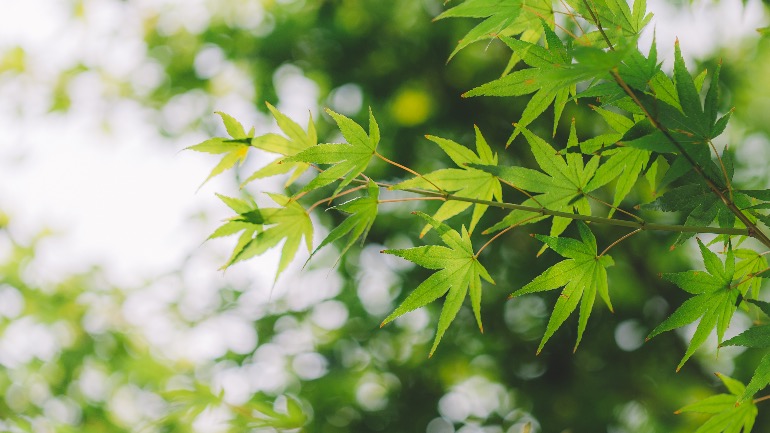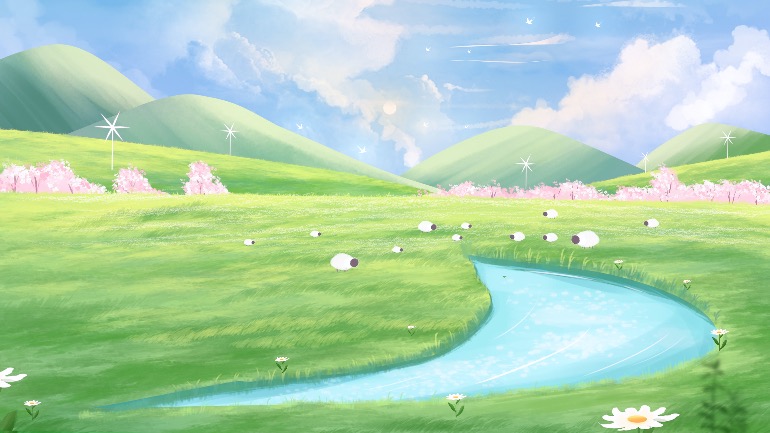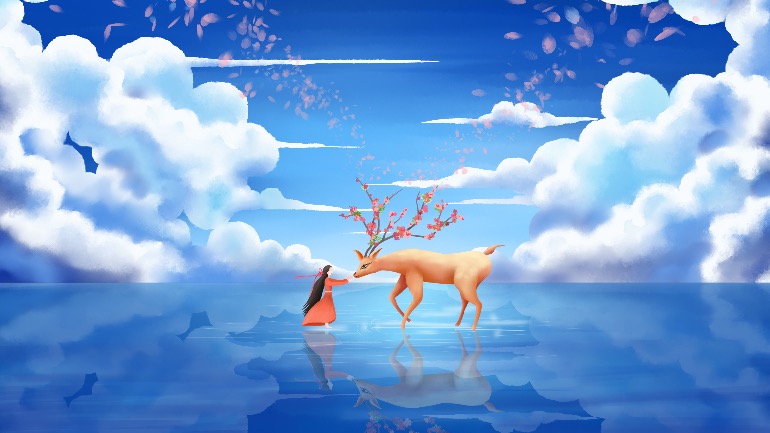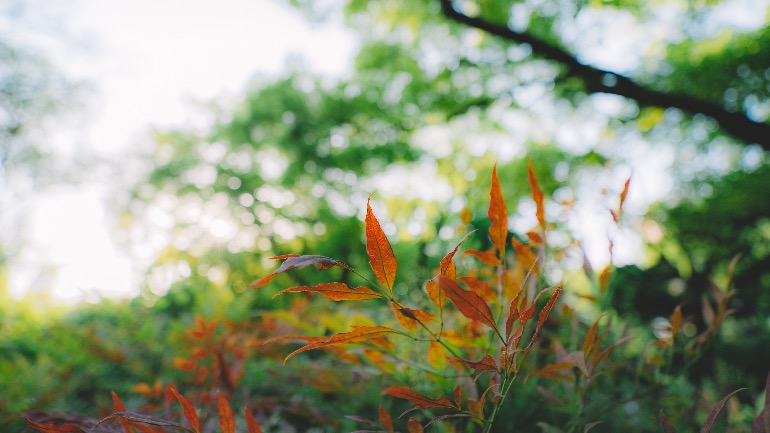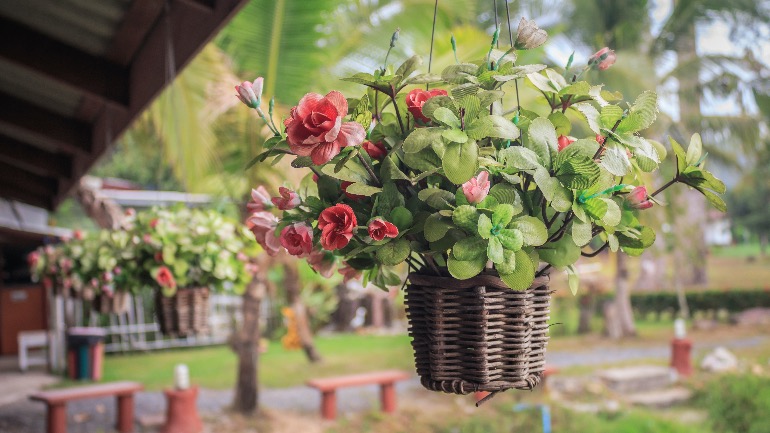Naturally, before cultivating great compassion, one should generate renunciation first. One cannot have great compassion for sentient beings if one is unaware of the suffering of samsara, because compassion comes from the suffering of sentient beings. No compassion, no bodhicitta either.
- Quote from The Right View, "Buddhism—the Definition"



